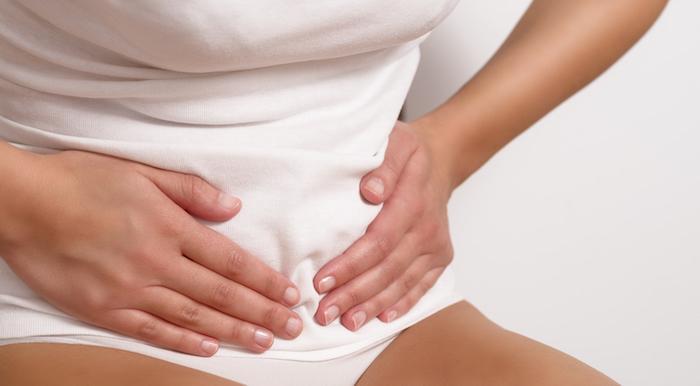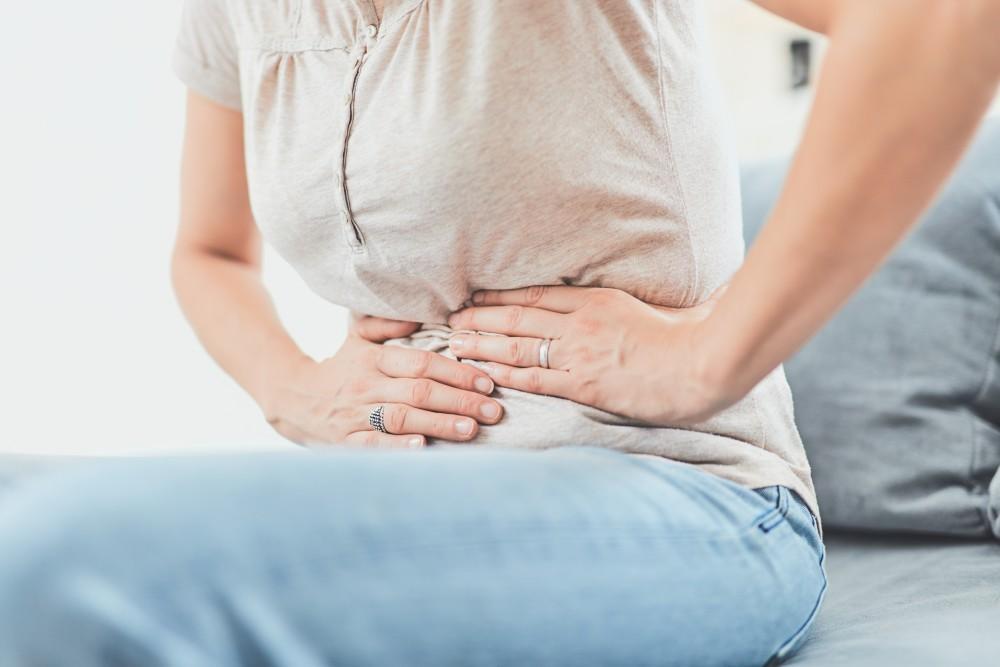
Why You Shouldn't Ignore Painful, Heavy Periods
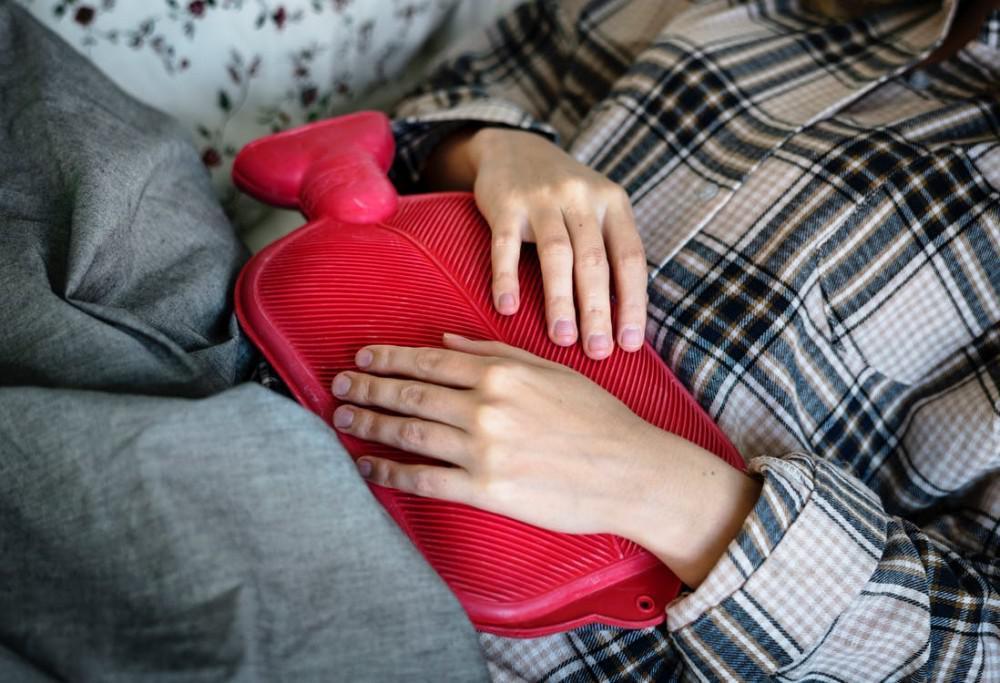
Did you know the average woman gets 450-500 periods over her lifetime? Having a heavier-than-normal flow once or twice isn’t usually cause for concern.
But if you’re experiencing periods that are heavier, more painful, or lasting longer as time goes on, that’s a lot of time spent worrying about leaks and dealing with discomfort. Plus, a heavy, painful period could signal an underlying condition that requires medical attention.
Uterine fibroids are one such cause. These benign tumors impact over 35 million US women and can trigger various symptoms, including heavy, painful periods.
Not all uterine fibroids cause issues, but about 20% of women with them experience problematic symptoms. The board-certified interventional radiologists at Alate Health in Houston, Texas, specialize in diagnosing and treating symptomatic uterine fibroids.
Keep reading to learn more about why you shouldn’t ignore painful, heavy periods and how we can help ease your pain.
Why you shouldn’t ignore period problems
If you only get a heavy period once, you can wait and see if the increase occurs again. But if you have heavy, painful periods for several months or even years, it’s time to see a provider to learn if an underlying problem is the cause.
Ignoring a chronically heavy, painful period is never a good idea because it could signal a problem that requires medical attention, such as:
- Sexually transmitted diseases
- Pelvic or vaginal infections
- Certain cancers
- Endometrial polyps
- Uterine fibroids
- Thyroid diseases
- Hormonal imbalances
Having a thorough medical exam to determine why you’re experiencing period problems helps your provider arrive at an accurate diagnosis and ensures you get the care you need. Many times, there are treatments to ease heavy periods.
You don’t need a hysterectomy to stop heavy periods
Some women ignore heavy, painful periods because they worry the only way to stop their bleeding is through a hysterectomy. But even if you have an underlying medical issue causing your bleeding problems, other treatment options often exist.
For example, at Alate Health, we use minimally invasive uterine fibroid embolization (UFE) to safely and effectively treat uterine fibroids and relieve problematic symptoms. UFE involves using imaging technology to identify the blood vessels feeding your fibroids.
Once your provider then makes a tiny incision in your groin and uses a catheter to place microscopic embolic agents in the targeted blood vessel to block blood flow to the fibroids. This causes the tumors to shrink and die, easing your heavy, painful periods.
The entire UFE procedure generally takes less than 90 minutes, and you can return home after your treatment. This FDA-approved treatment eliminates scarring, is safer than traditional surgery, and comes with few complications and risks.
Studies show that 85% of UFE patients enjoy a significant reduction in pain and bleeding, and over 90% of our patients report a dramatic improvement in their quality of life.
While UFE is a fantastic treatment option for many women, it’s not right for everyone. For example, if you’re planning to become pregnant in the future, your Alate Health provider may recommend a different therapy.
For help getting your painful, heavy periods under control, schedule an appointment online or over the phone with a provider at Alate Health in Houston, Texas.
You Might Also Enjoy...

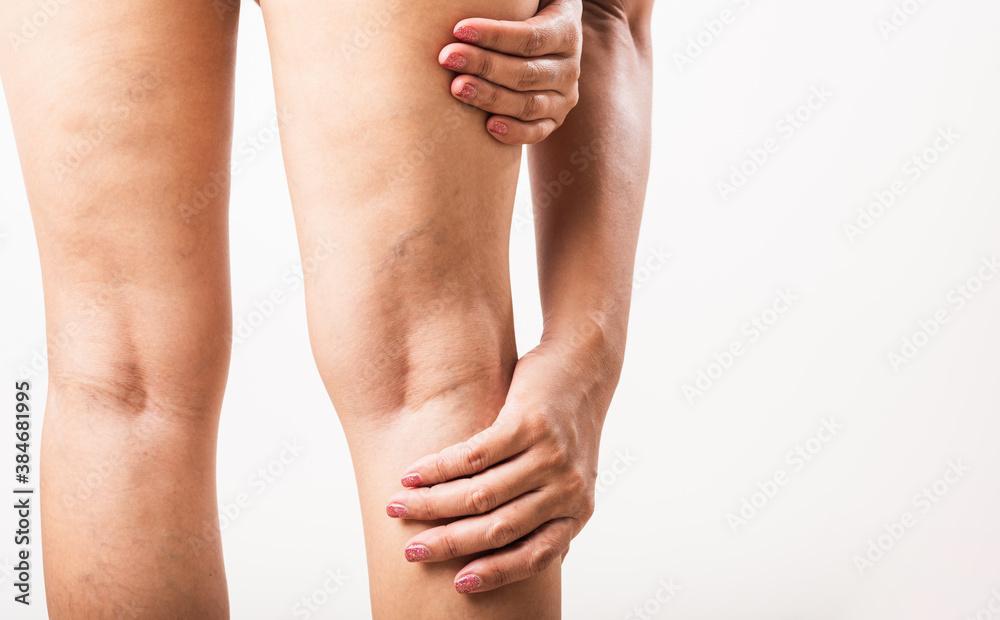
I'm Nervous About My Upcoming VenaSealTM Procedure

Telehealth: The Advantages of Telemedicine
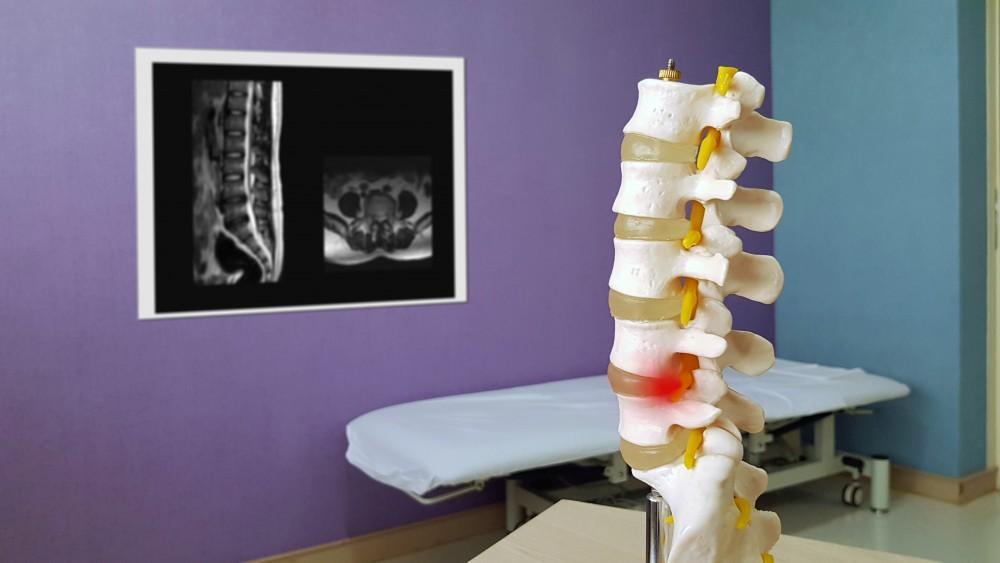
What Caused My Spinal Stenosis?
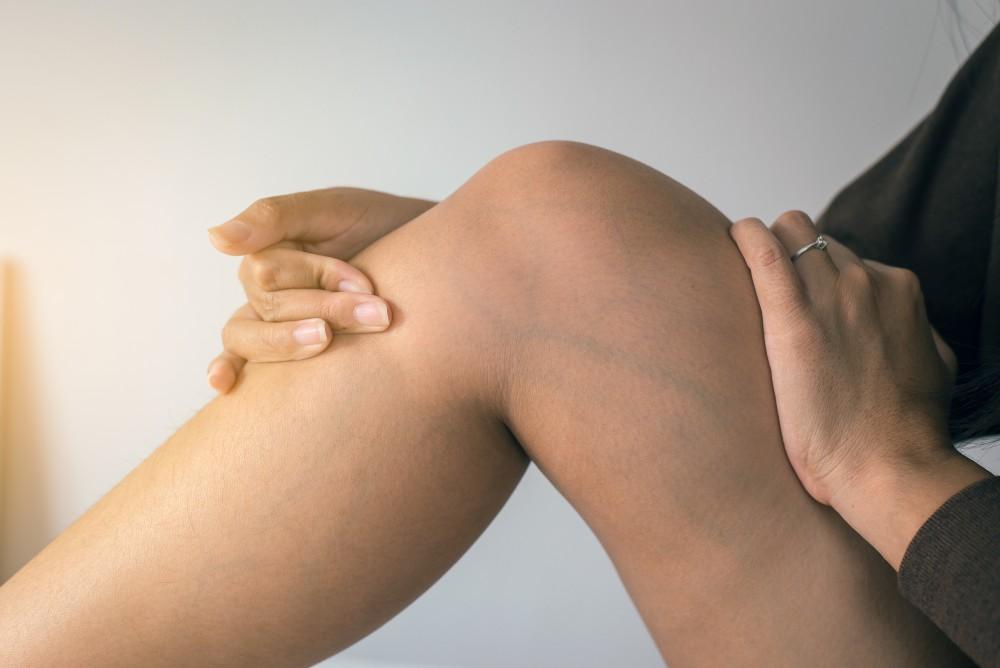
I'm Embarrassed About My Varicose Veins
